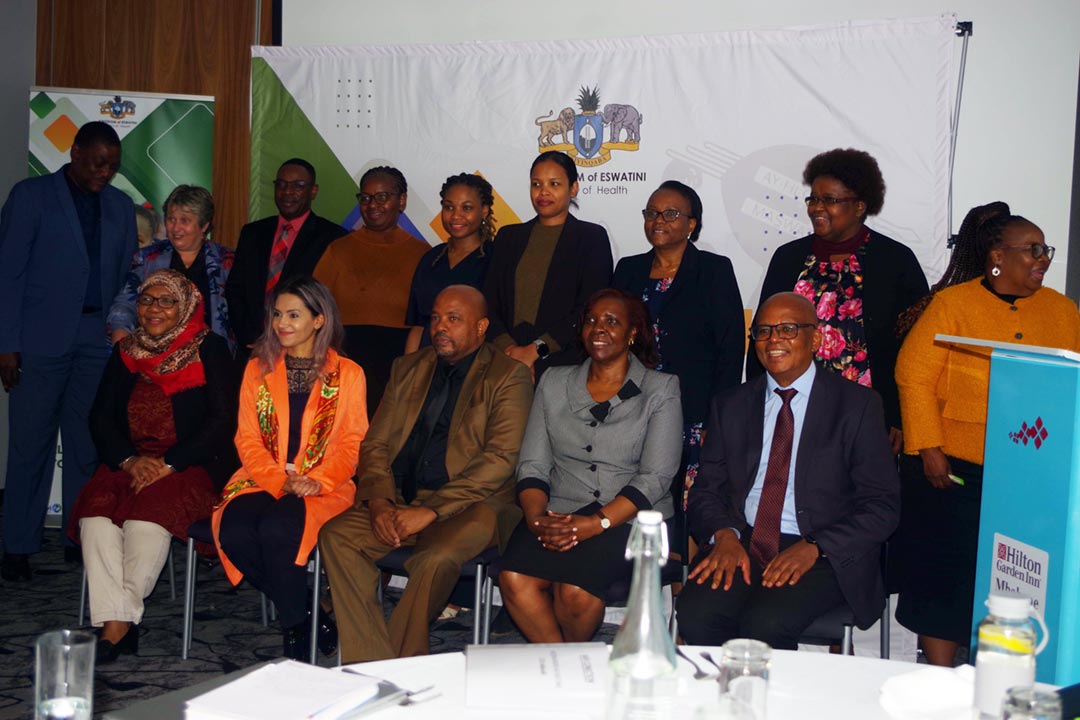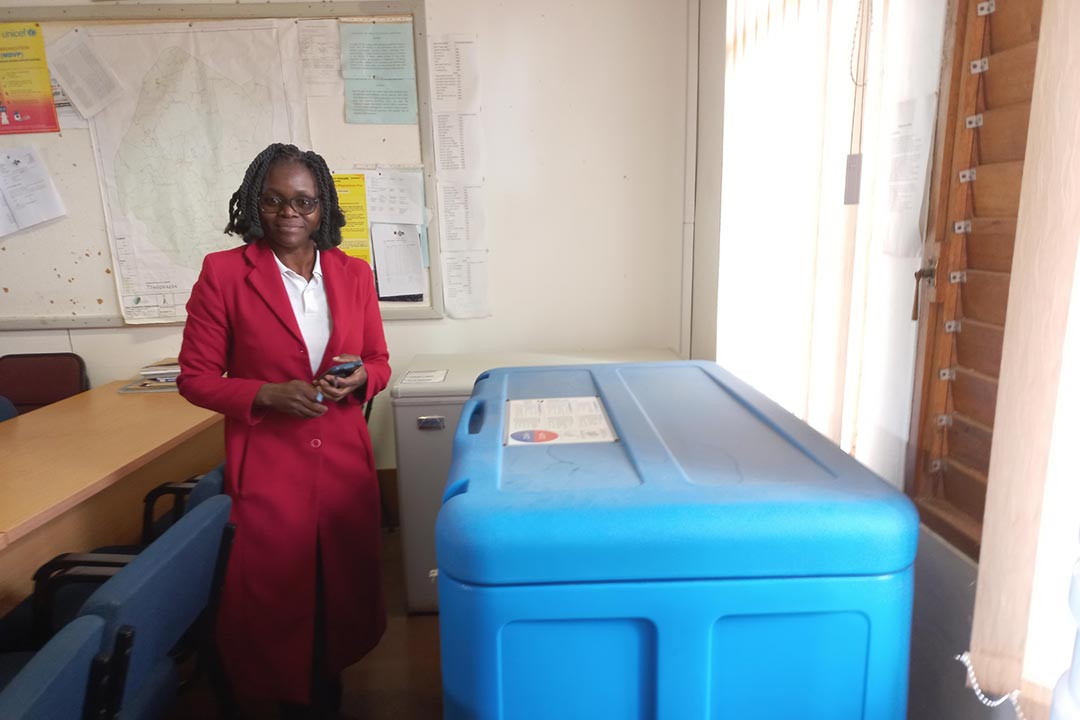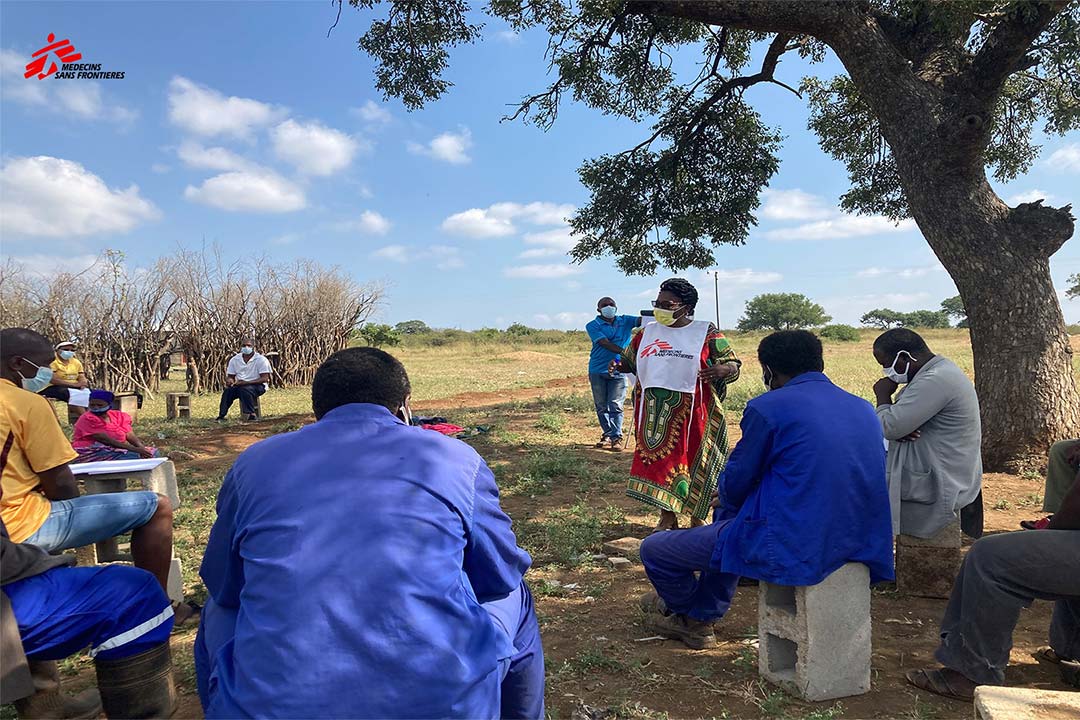LGBTQI organisations campaign for COVID-19 vaccination in Eswatini
Discrimination is deadly, especially amid a pandemic. In Eswatini, LGBTQI organisations are making sure that COVID-19 vaccines reach a community often left behind by mainstream healthcare.
- 20 January 2023
- 4 min read
- by Nonduduzo Kunene
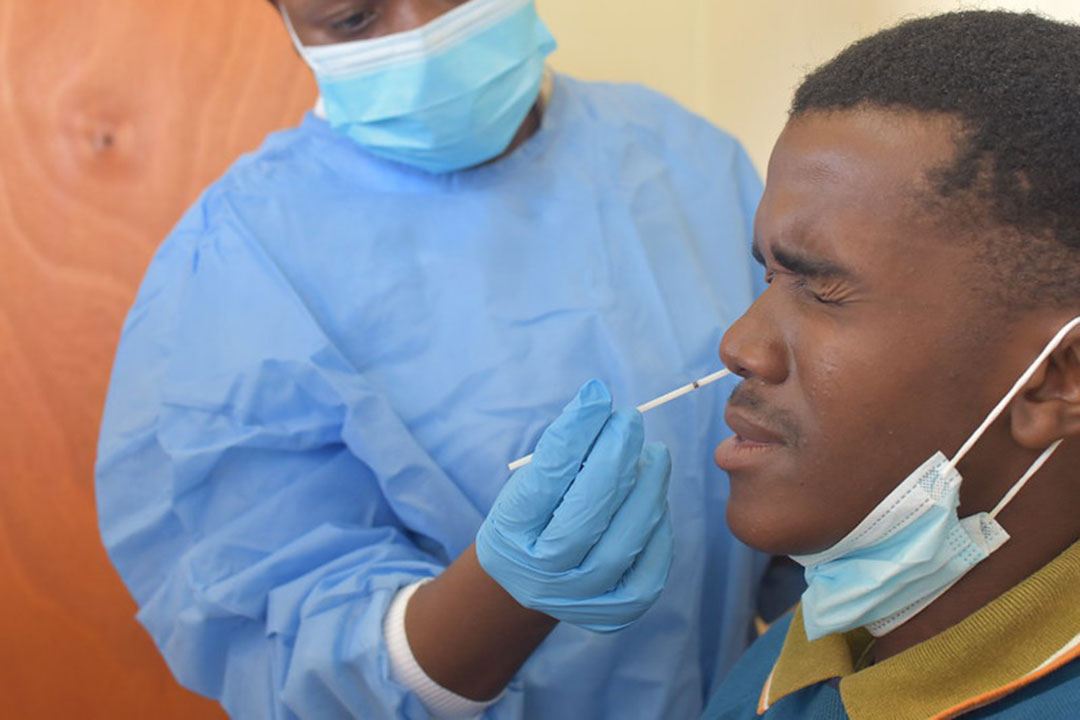
Visiting a regular health facility for LGBTQI people in Eswatini typically means withstanding judgmental stares and whistles, and answering uncomfortable questions even from healthcare professionals. Amid a viral pandemic, that kind of discrimination can prove deadly.
As an openly gay man himself, Sibusiso 'Lulu' Maziya, Executive Director of HealthPlus 4 Men (HP4M), was all too aware that accessing protection against COVID-19 would likely prove harder for Eswatini's queer, trans and intersex community. Unwilling to sit and watch people die because they felt excluded from the spaces where vaccination was being provided, Maziya and his organisation took action.
“Our clinics offer mostly HIV services but, because COVID-19 was another pandemic that had the potential to wipe [out] our people, we had to up our game and make sure each and every one of us got the jab.”
Traditionally focused on sexual health, HIV/AIDS and psychosocial support for men and members of the wider LGBTQI population, HP4M decided to conduct COVID-19 vaccination at their "stigma-free" TRUE Clinics.
"Our clinics offer mostly HIV services but, because COVID-19 was another pandemic that had the potential to wipe [out] our people, we had to up our game and make sure each and every one of us got the jab," he says.
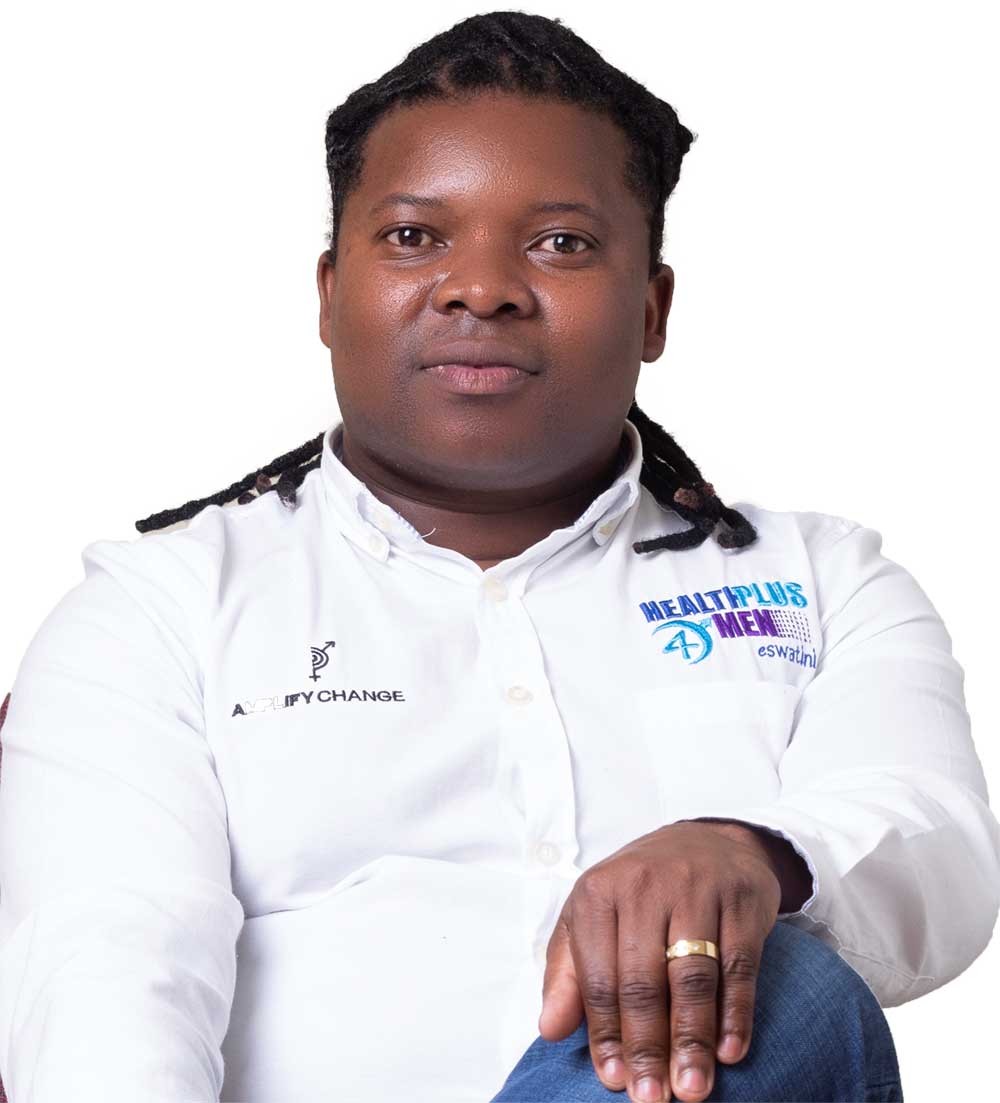
Credit: HealthPlus 4 Men
Maziya says they joined hands with Eswatini Ministry of Health and started administering vaccines.
Soon, they broadened their target population to include other at-risk groups, like sex workers.
"Key populations are facing the same plight as LGBTI people," Maziya says, speaking of the combination of stigma and infection risk. "We therefore ensured that they were welcomed too."
COVID-19 jabs are not only provided in their clinics, but HP4M also go the extra mile to visit communities in order to get more people vaccinated.
Have you read?
"We incorporated COVID-19 vaccination to the other health campaigns that were constantly run," Maziya says.
The organisation has forged partnerships with municipal councils in the country to offer health services, including COVID vaccination, at outreach sites. "We are around bus ranks, border gates and sports grounds encouraging people to get vaccinated," he says.
The aim is to be visible everywhere, in order to head off the possibility that COVID-19 would disproportionately impact the LGBQTI community and other key populations the way HIV/AIDS pandemic has for decades.
"Already the pandemic brought an extra burden in our community, but the COVID-19 vaccines brought hope and we want to give hope to every member of our community in the country," Maziya says.
"The COVID-19 vaccines brought hope and we want to give hope to every member of our community in the country.”
"Our clinics and our campaigns do not only target LGBTI members and key populations; everyone is welcome to receive health services. For that reason, the vaccination campaign welcomed everyone who wanted to get vaccinated," he adds.
In the first three months of their vaccination campaign, HP4M was able to vaccinate more than 350 LGBTQI people and members of other "key populations" in Eswatini.
Saneliso Dlamini, a 26-year-old lesbian woman, said the availability of vaccines in the TRUE clinics run by HP4M made it easy for her to get vaccinated.
"I got vaccinated in September 2021 with Johnson and Johnson and I have boosted twice with AstraZeneca COVID-19 vaccine at the TRUE clinic," she says.
Dlamini says she uses the TRUE Clinic for almost all health services she needs – so getting the COVID-19 jab there made sense.
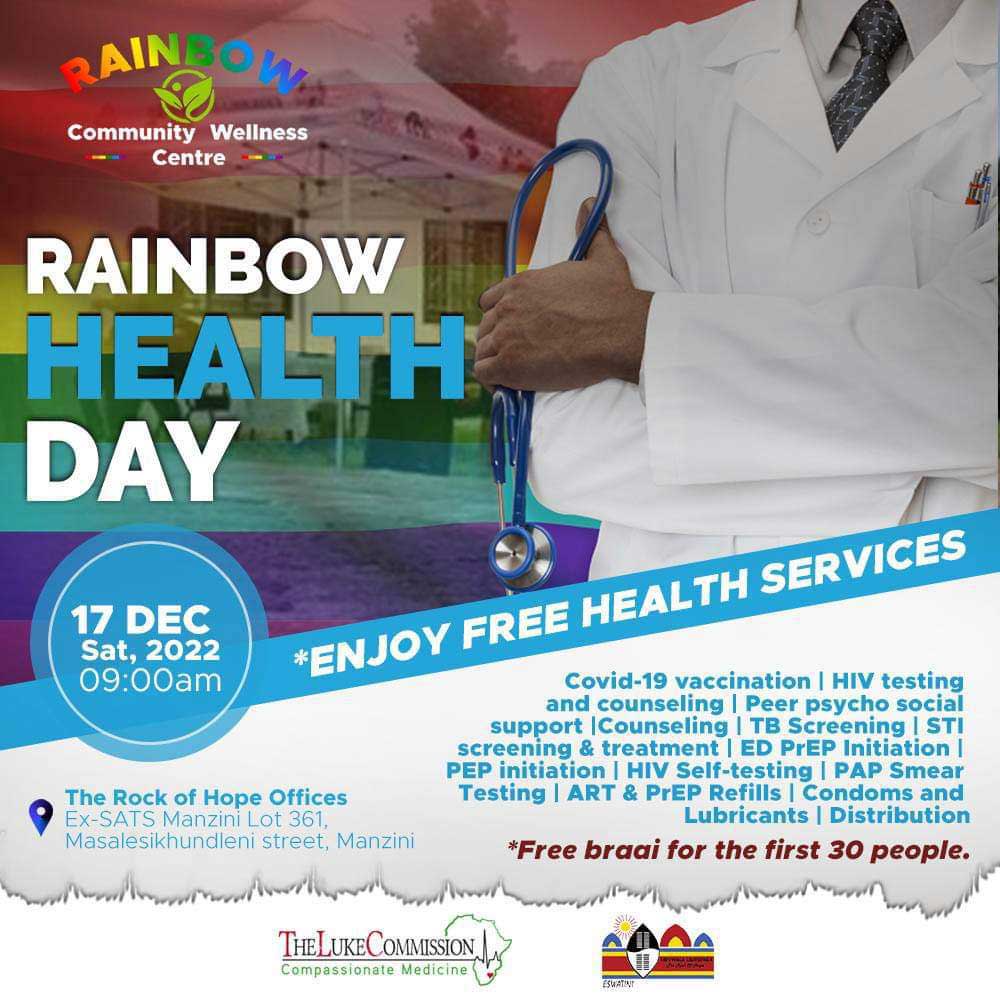
Another LBGTQI organisation that joined the fight against COVID-19 is The Rock of Hope, which is located in Manzini city, central Eswatini. Public Relations Manager Bongekile Fakudze says The Rock of Hope also ensured that at every event that they hosted or any health drive they ran, COVID-19 vaccination was one of the services offered.
"We also provide booster shots for gender minorities as well as all members of the public because we believe in equal access to health services," she says.
According to data released by Eswatini's Ministry of Health, close to 36% of the overall population was fully vaccinated as of January 16, with a further 8% partially vaccinated.
